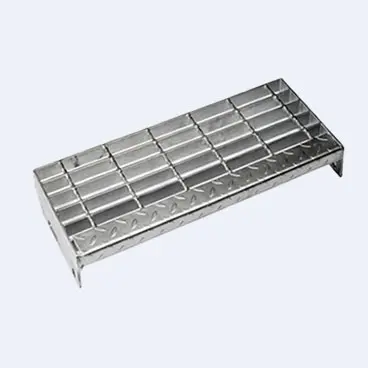When it comes to grill grates, there are two popular materials to choose from: cast iron and stainless steel. Both materials have their advantages and disadvantages, so it ultimately comes down to personal preference and the specific needs of the user. Here’s a breakdown of the pros and cons of each:
Cast Iron Grill Grates:
Pros:
Excellent heat retention: Cast iron grill grates retain heat well, which can help to create a nice sear on your food and cook it evenly.
Durable: Cast iron grill grates are highly durable and can withstand high temperatures and frequent use.
Non-stick surface: Cast iron grill grates develop a natural non-stick surface over time, which can be helpful when cooking delicate foods like fish or vegetables.
Cons:
Requires seasoning: Cast iron grill grates need to be seasoned regularly to prevent rust and maintain their non-stick surface.
Heavier: Cast iron grill grates are heavier than stainless steel grates, which can make them more difficult to clean and handle.
More difficult to clean: Cast iron grill grates can be more difficult to clean than stainless steel grates, as they require more care to prevent rust and maintain their seasoning.
Stainless Steel Grill Grates:
Pros:
Lightweight: Stainless steel grill grates are lightweight and easy to handle and clean.
Low maintenance: Stainless steel grill grates require less maintenance than cast iron grates and do not need to be seasoned.
Easy to clean: Stainless steel grill grates are easy to clean and do not require special care to prevent rust.
Cons:
Poor heat retention: Stainless steel grill grates do not retain heat as well as cast iron grates, which can make it more difficult to get a good sear on your food.
Less durable: Stainless steel grill grates are less durable than cast iron grates and can warp or bend over time if exposed to high temperatures.
In summary, cast iron grill grates are better for those who prioritize heat retention, durability, and a natural non-stick surface, while stainless steel grill grates are better for those who prioritize low maintenance, wholesale steel grating easy cleaning, and lightweight design. Ultimately, the decision between cast iron and stainless steel grill grates will depend on your personal preferences and needs as a user.
What are some tips for seasoning cast iron grill grates?
Seasoning cast iron grill grates is an important step in maintaining their non-stick surface and preventing rust.
Here are some tips for seasoning your cast iron grill grates:
Clean the grates: Before seasoning your cast iron grill grates, make sure they are clean and free of any debris. Use a stiff wire brush to remove any food particles or rust.
Preheat the grill: Preheat your grill to a high temperature (around 400-500°F) to open up the pores in the cast iron and make it more receptive to the seasoning.
Apply oil: Use a high smoke point oil such as vegetable oil or canola oil to coat the entire surface of each grate. Use a paper towel or brush to spread the oil evenly.
Heat the grates: Once you have applied the oil, place the grates in the preheated grill and let them heat up for 15-20 minutes. This will allow the oil to bond with the cast iron and create a non-stick surface.
Repeat: Repeat this process several times to build up a good seasoning layer on your cast iron grill grates. This will help to create a natural non-stick surface and prevent rust.
Maintain: After each use, clean your cast iron grill grates with a stiff wire brush and a bit of oil. This will help to maintain the seasoning and prevent rust.
By following these tips for seasoning your cast iron grill grates, you can help to maintain their non-stick surface and prevent rust, ensuring that your grill grates last for many years to come.
